
Moisturex Cream with Urea, Lactic Acid, Propylene Glycol & Liquid Paraffin
Manufacturer
Sun Pharmaceutical Industries Ltd
Salt Composition
Urea (10% w/w) + Lactic Acid (% w/w) + Propylene Glycol (% w/w) + Liquid Paraffin (% w/w)
Key Information
Short Description
Moisturex Cream with Urea, Lactic Acid, Propylene Glycol & Liquid Paraffin is a moisturizer used to treat dry skin by preventing water loss from the outer layer of the skin, relieving dryness and leaving the skin soft and hydrated.
Dosage Form
Cream
Introduction
Moisturex Cream with Urea, Lactic Acid, Propylene Glycol & Liquid Paraffin is for external use only. You should always use it exactly as your doctor has told you. You must wash your hands thoroughly before and after applying this medicine. This medicine should be used regularly to get the most benefit from it. Avoid applying on open wounds or infected skin. You should not get it in the eyes, mouth, or nose. Rinse with cold water if you accidentally get it in these areas. Some common side effects of this medicine include burning sensation, skin rash, irritation, stinging, redness, and tingling. These are usually mild and resolve on their own. However, if these do not get better, please consult the doctor to know about ways to treat or prevent them in the future.
Directions for Use
This medicine is for external use only. Use it in the dose and duration as advised by your doctor. Check the label for directions before use. Clean and dry the affected area and apply the cream. Wash your hands after applying unless hands are the affected area.
Safety Information
Side Effects
Burning sensation Skin rash Irritation Stinging Redness Tingling
Alcohol Warning
No interaction found/established
Breastfeeding Warning
Information regarding the use of Moisturex Cream with Urea, Lactic Acid, Propylene Glycol & Liquid Paraffin during breastfeeding is not available. Please consult your doctor.
Pregnancy Warning
Information regarding the use of Moisturex Cream with Urea, Lactic Acid, Propylene Glycol & Liquid Paraffin during pregnancy is not available. Please consult your doctor.
How it works
Moisturex Cream with Urea, Lactic Acid, Propylene Glycol & Liquid Paraffin is a combination of four medications. Urea provides hydration to smoothen skin's texture and helps to reduce the buildup of dead skin cells. Lactic acid removes old dull cells on the skin's surface. Propylene glycol has humectant properties. It also works as a barrier to keep moisture in your skin. It helps other ingredients make their way into your skin. Liquid paraffin prevents moisture loss from the outer layer of skin.
Quick Tips
Do not use Moisturex Cream with Urea, Lactic Acid, Propylene Glycol & Liquid Paraffin on deep skin wounds, blistered skin, severe burns, or large skin areas. Apply to the skin only. Avoid sensitive areas such as your eyes, mouth/nose, and the vaginal/groin area. After applying Moisturex Cream with Urea, Lactic Acid, Propylene Glycol & Liquid Paraffin, remember to wash your hands (unless your hands are the treated area). If you are allergic to any ingredients in Moisturex Cream with Urea, Lactic Acid, Propylene Glycol & Liquid Paraffin, do not use the product. If you are not sure, please consult a dermatologist. Do not bathe immediately after applying Moisturex Cream with Urea, Lactic Acid, Propylene Glycol & Liquid Paraffin. Leave it for at least two hours after application. If applying this product to the feet, cover your feet with socks for best results.
Related Medicines

Himalaya Purifying Neem Face Wash (Free Himalaya Neem Scrub )

Naturolax-A Tasty Orange Flavour Powder
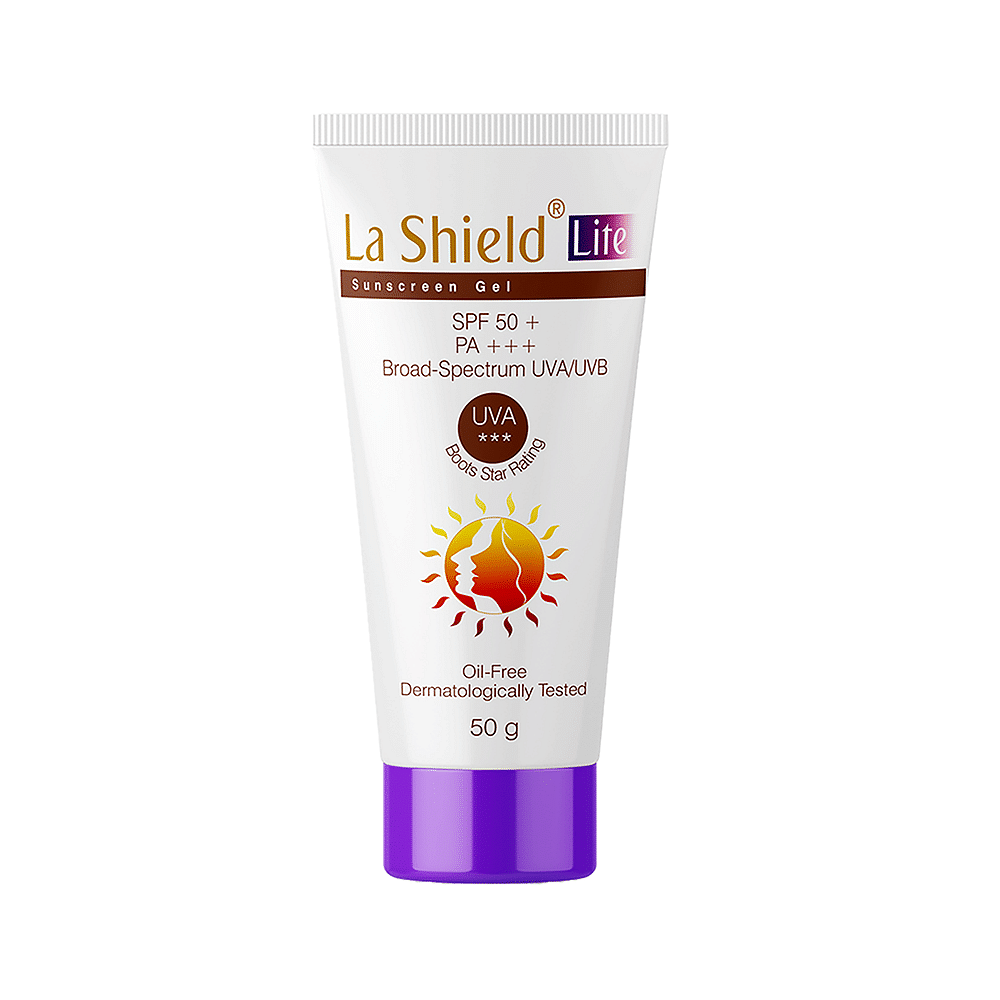
La Shield Lite Sunscreen Gel SPF 50+ PA+++ | For UVA/UVB Protection | Oil-Free
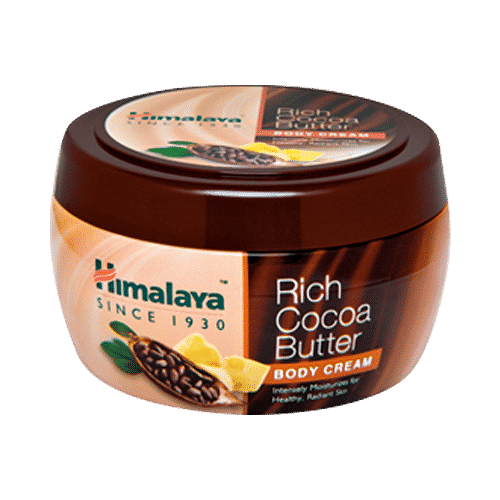
Himalaya Rich Cocoa Butter Body Cream
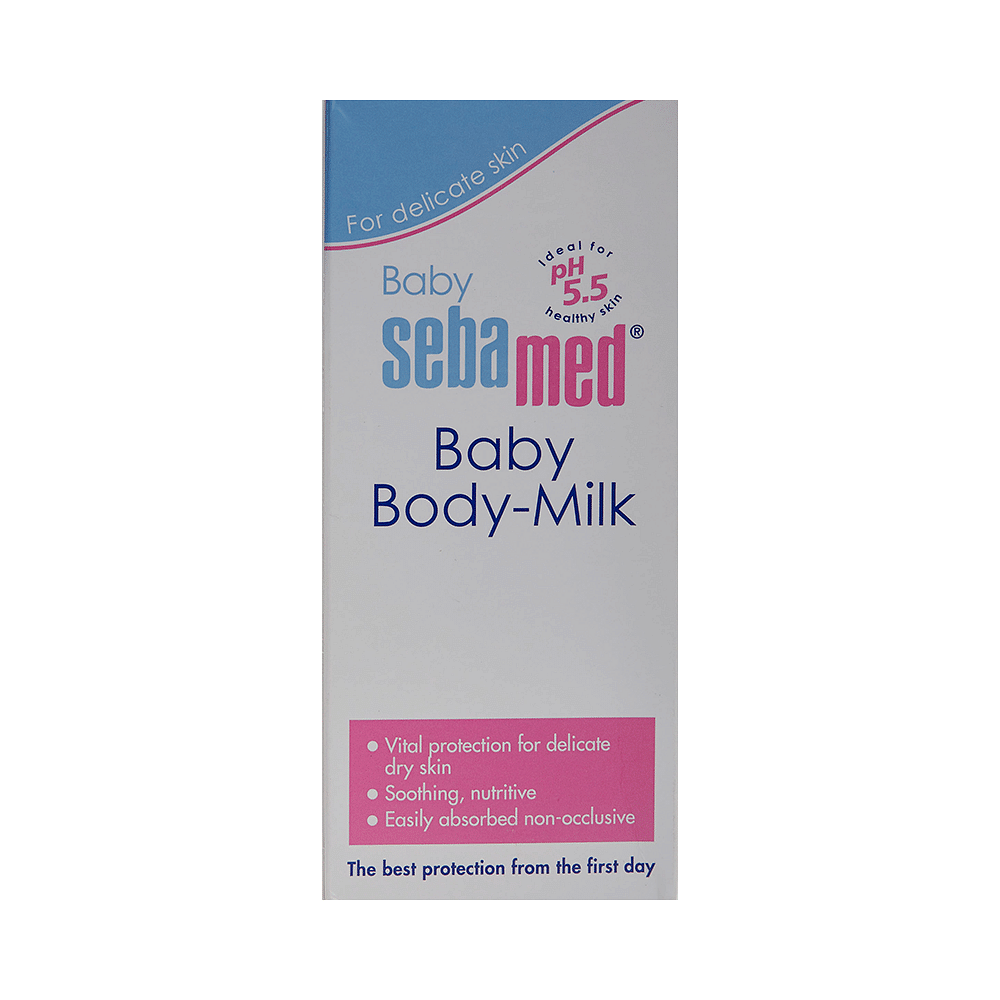
Sebamed Baby Body Milk Lotion with Panthenol | pH 5.5
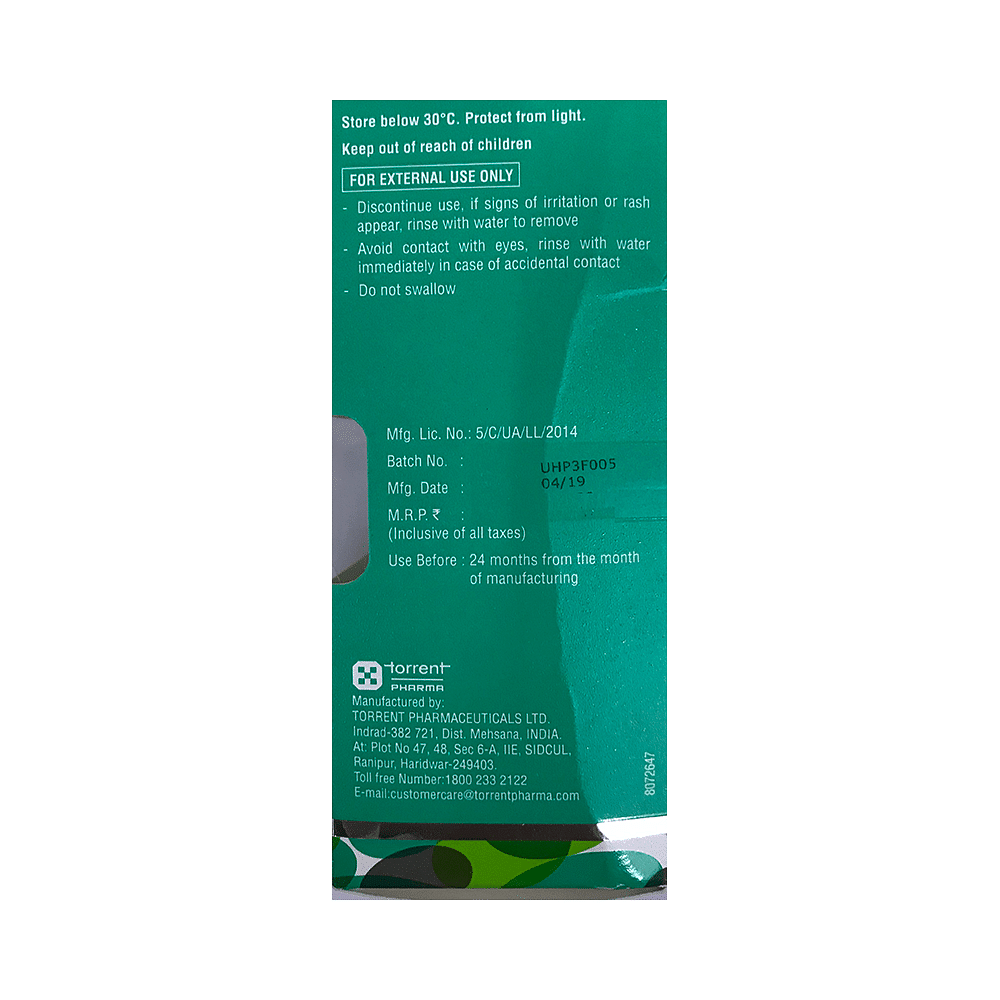
Ahaglow Acne Control Moisturizing Gel
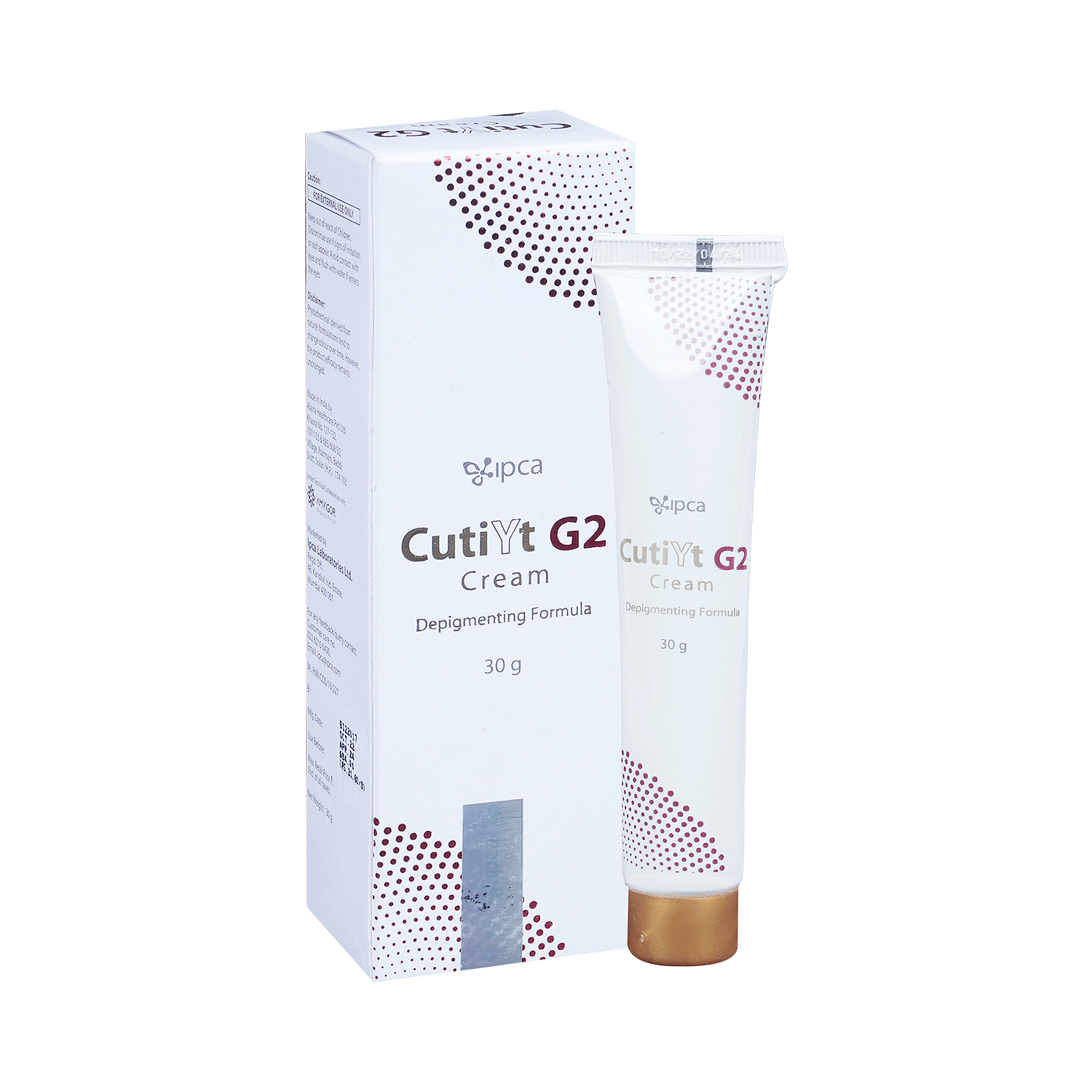
Cutiyt G2 Depigmenting Cream
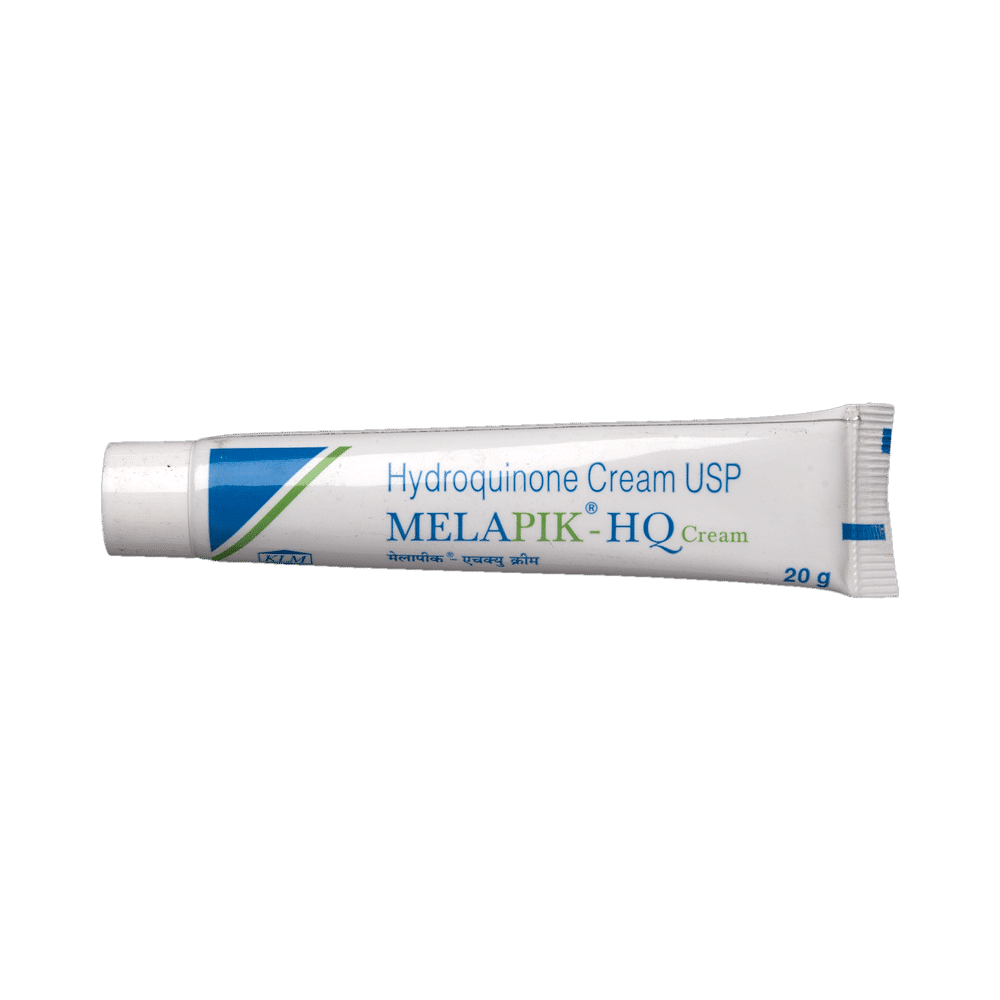
Melapik-HQ Cream
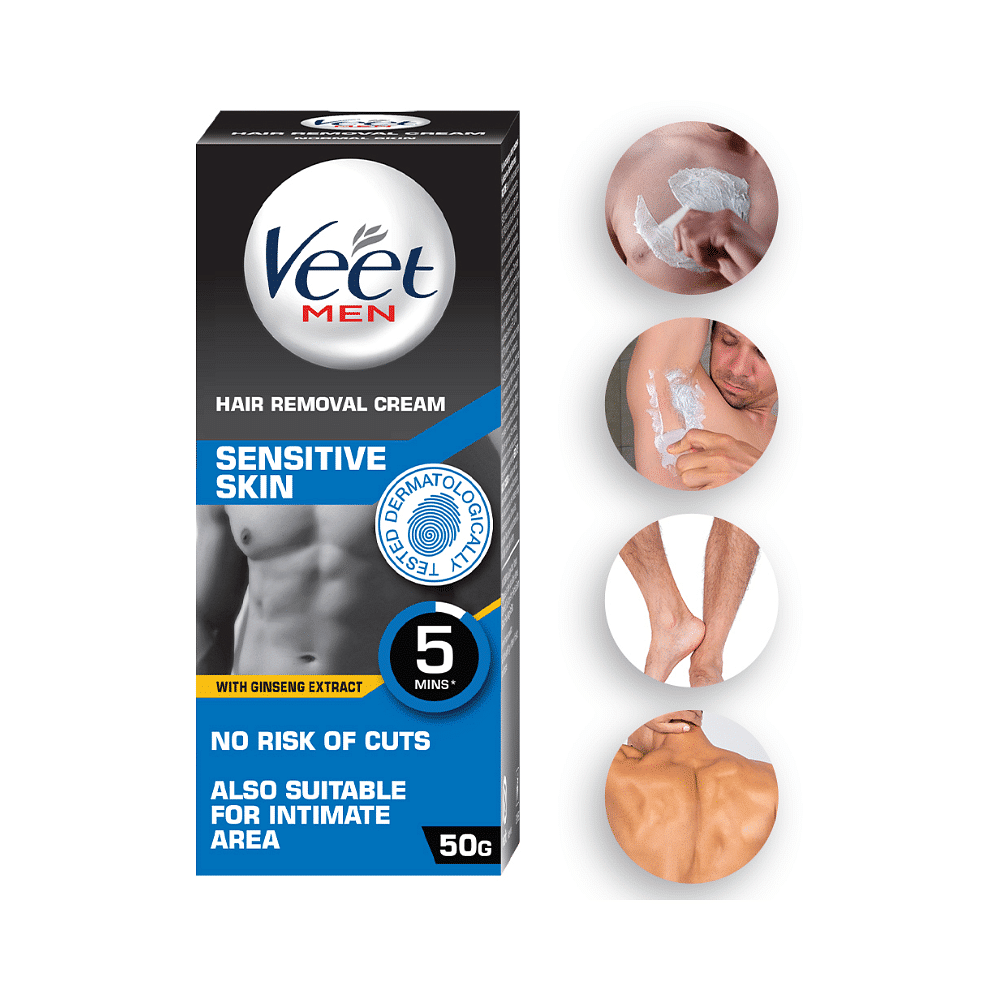
Veet Hair Removal Cream For Men Sensitive Skin
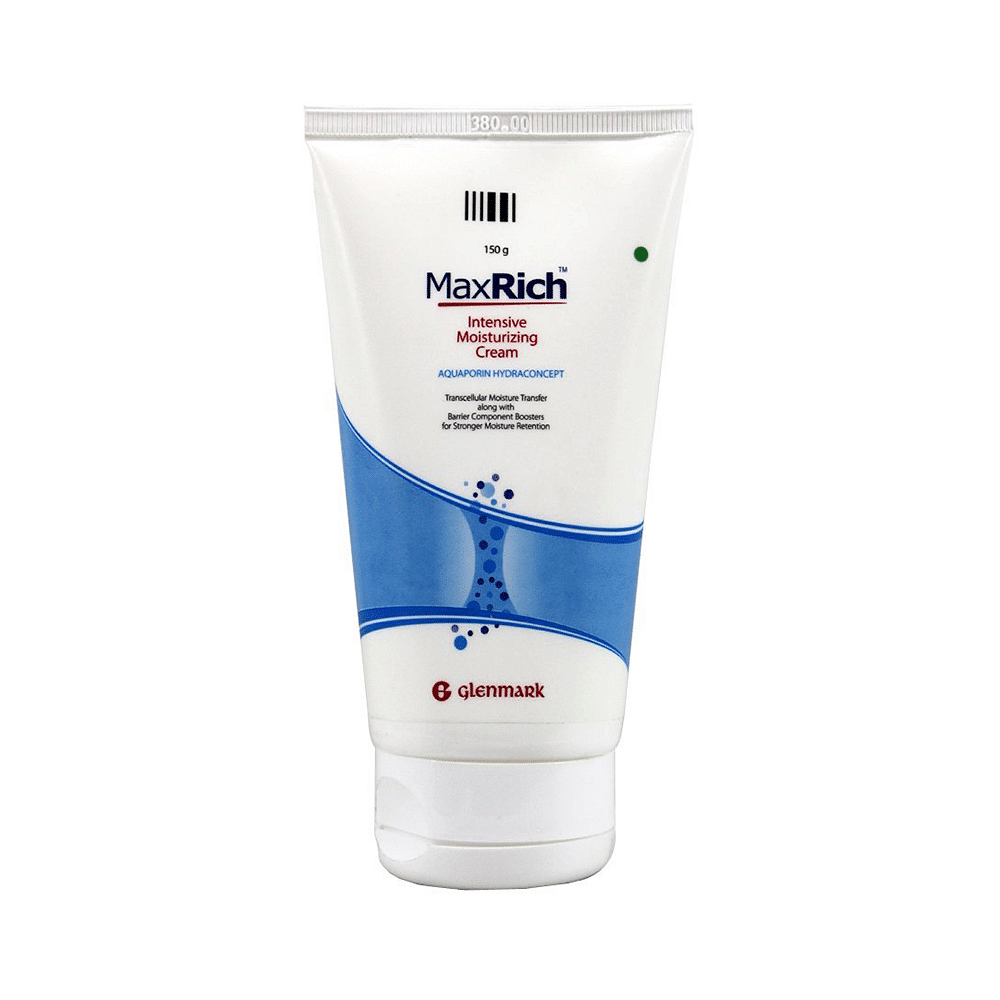
Maxrich Cream
Frequently asked questions
Can I apply Moisturex Cream with Urea, Lactic Acid, Propylene Glycol & Liquid Paraffin to my face?
It is not advisable to use this lotion on your face without consulting a doctor. They can suggest appropriate alternatives for facial moisturizer.
How long does it take for Moisturex Cream with Urea, Lactic Acid, Propylene Glycol & Liquid Paraffin to show results?
You may begin to notice improvements within the first few days. Moisturex Cream with Urea, Lactic Acid, Propylene Glycol & Liquid Paraffin can take between 1 week and 4 weeks to fully work.
Can I apply sunscreen immediately after using Moisturex Cream with Urea, Lactic Acid, Propylene Glycol & Liquid Paraffin?
You can apply sunscreen after a gap of 5-10 minutes of Moisturex Cream with Urea, Lactic Acid, Propylene Glycol & Liquid Paraffin application.
What are the best ways to manage dry skin?
Some tips for managing dry skin include drinking plenty of water, avoiding long or hot showers, wearing sunscreen (minimum SPF 15) whenever going outside, using gentle soaps without scents, and applying a moisturizer immediately after bathing. Consulting a doctor is advisable to assess any underlying medical conditions that could be causing dryness.
What are the main symptoms of dry skin?
Itching is one of the most common signs of dry skin, which can worsen over time. This leads to the 'itch-scratch' cycle, where constant scratching exacerbates the itch and causes further irritation. Scaling, cracking, and peeling of the skin are other frequently reported symptoms. Severe cracking may lead to bleeding in some cases.
Does drinking alcohol cause dry skin?
Yes, excessive alcohol consumption can contribute to dehydration. When dehydrated internally, your body has less water available for moisturizing the skin, which could result in rough and flaky skin, increased sensitivity, and more frequent itching.
Can stress lead to dry skin?
Yes, stress can worsen your skin condition. It may exacerbate existing dryness and even lead to premature aging of the skin.


